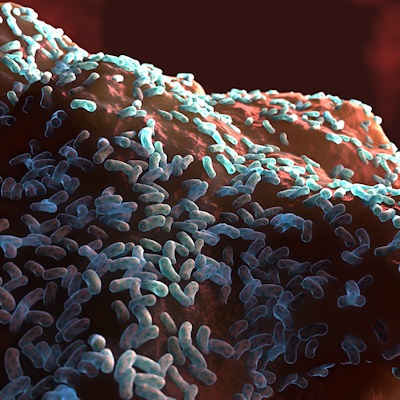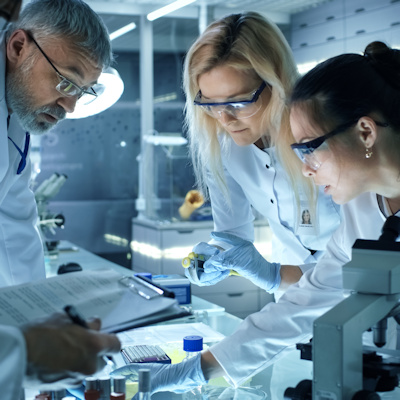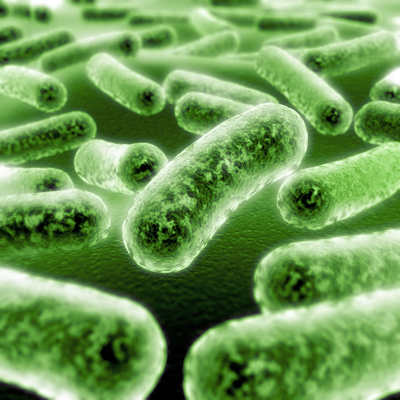September 30, 2022 -- An international team of scientists, co-led by researchers at the University of California, San Diego (UC San Diego) School of Medicine, has created a pan-cancer mycobiome atlas -- a survey of 35 types of cancer and their associated fungi. The study opens the door to using fungi as a diagnostic, prognostic, and therapeutic tool.
Cancer cells and microbes often rely on and compete for the same resources within the human body, which effects the replication and survival of cancer cells, microbes, and the human host. This association has been studied on a case-by-case basis, but recent attention has focused on the whole human microbiome, particularly in the gut, which houses more -- and more diverse -- communities of bacteria, viruses, and fungi than anywhere else in or on the human body.
The UC San Diego-led study, published September 29 in the journal Cell, characterizes the cancer mycobiome -- fungi linked to cancers -- in 17,401 samples of patient tissues, blood, and plasma across 35 types of cancer in four independent cohorts. The researchers found fungal DNA and cells in low abundances across many major human cancers, with differences in community compositions that differed among cancer types.
Analyses that compared fungal communities with matched bacteriomes (the bacterial component of the microbiome) and immunomes (genes and proteins constituting the immune system) revealed that the associations between them were often "permissive" rather than competitive.
The researchers said there were significant correlations between specific fungi and age, tumor subtypes, smoking status, response to immunotherapy, and survival measures. Whether the fungi are simply correlated or causally associated remains to be determined.
"These findings validate the view that the microbiome in its entirety is a key piece of cancer biology and may present significant translational opportunities, not only in cancer detection, but also in other biotech applications related to drug development, cancer evolution, minimal residual disease, relapse and companion diagnostics," said study co-author Gregory Sepich-Poore, PhD, co-founder and chief analytics officer at Micronoma, an early cancer-detection biotech.
Copyright © 2022 scienceboard.net










